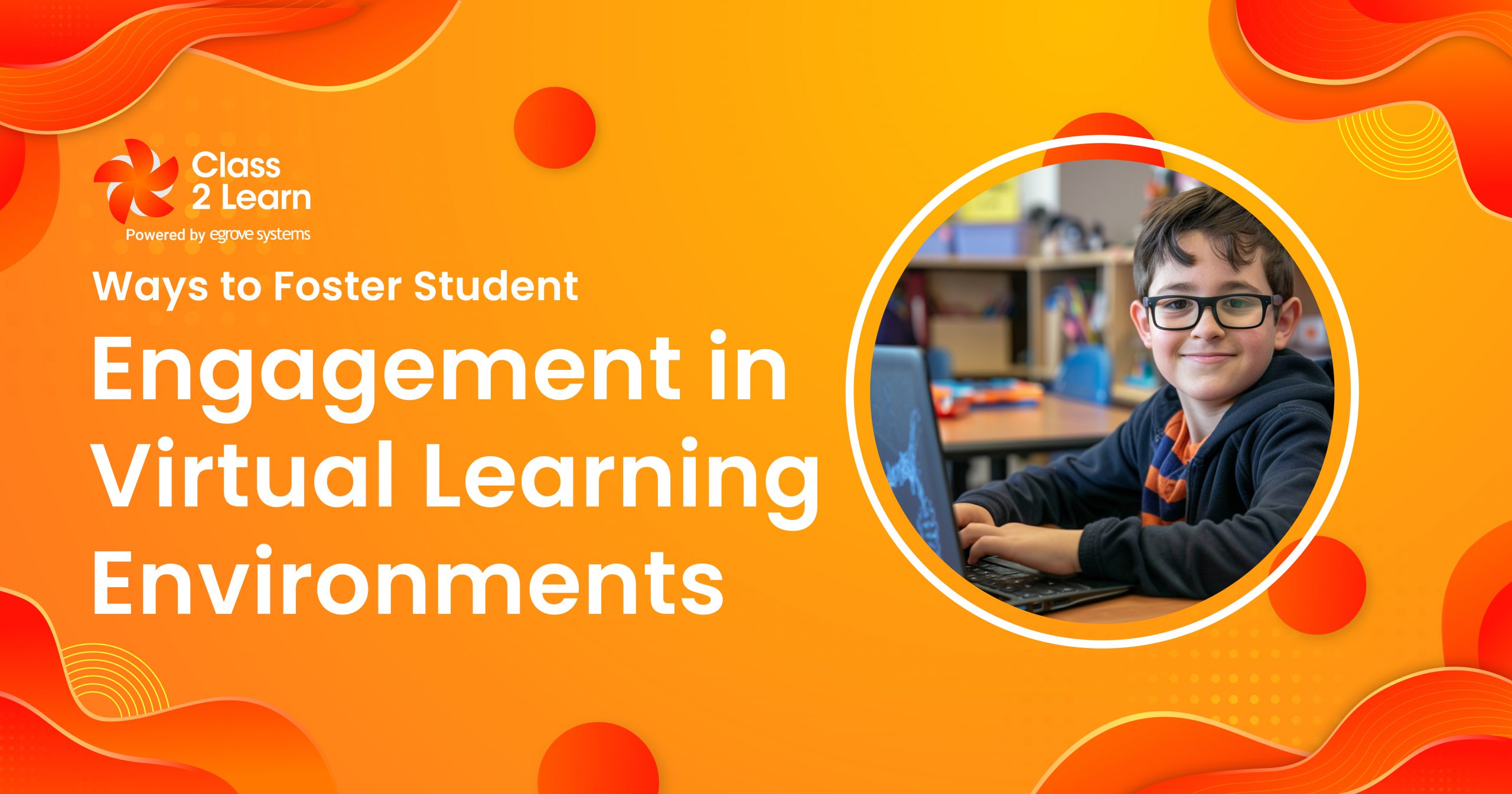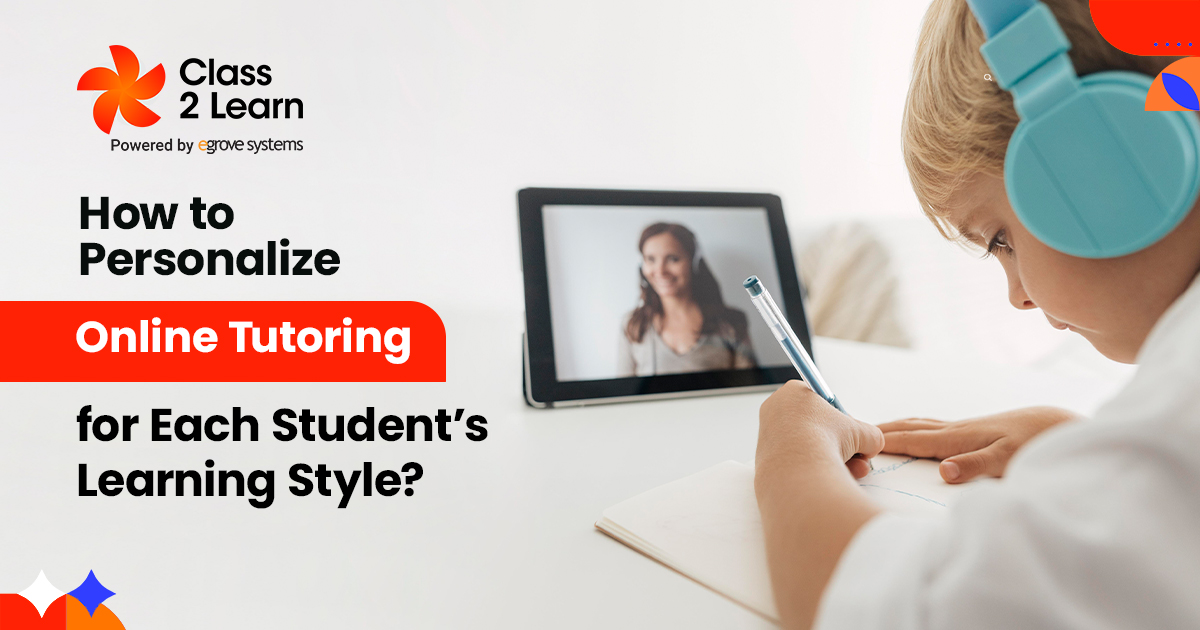Techniques and Exercises for Improving a Student’s Critical Thinking Skills in Online Classes
With the amount of information available on the internet, it’s become quite challenging for students to evaluate the authenticity of this information and make informative business decisions. Critical thinking is one of the most crucial skills for students and job seekers. No matter which industry you work in, your employer will want a candidate with excellent critical thinking capability. The subject looks pretty complex, but it’s simple.
Critical thinking refers to the life skill that teaches you how to gather information, organize it, evaluate it, and come up with a solution to a problem logically. Simply put, critical thinking is the process of analyzing different matters based on hard evidence as compared to personal thoughts, suggestions, and assumptions. Looking at the hard evidence, i.e. factual information, helps you get a thorough understanding of the problem. The question is how you can improve a student’s critical thinking skills through online classes. Let’s find out.
Tips for Improving Student’s Critical Thinking Skills Through Online Education
Ask Questions
The biggest issue a student faces when developing life skills is the fear of asking questions. The thought of embarrassment makes the student hold back instead of clarifying the matter. Online education courses should give them the opportunity to clear their doubts and ask as many questions as they want.
If the course involves live sessions, they should be able to drop messages to the tutor or ask questions verbally, whatever works for them. Encouraging students to learn every aspect of critical thinking will help build their confidence, making it easier for them to ask questions and clarify their doubts right away.
One question often leads to another and that’s how concepts become clearer. A few simple questions your students might want to ask are:
- Can you explain the concept more concisely?
- Can you share a few examples for better understanding?
- Can you give more details about the concept?
The what, how, and why questions are common, and asking them is an important trait of a critical thinker. So, always let your students ask open-ended questions. In fact, you should allow 15-20 minutes for the question-answer at the end of each session.
Conduct Discussions
Another exercise to build your critical thinking skills is socializing. Social discussions, both online and offline, build students’ thinking capabilities, as they get to hear different opinions and learn new ways to analyze the situation. Students will learn how to gather, organize, and analyze information. Plus, they will face disagreements with peers, helping them learn the best ways to evaluate the information and come up with the most logical and rational solution.
Moreover, social discussions have proven quite effective in improving students’ communication skills. Tutors can allow students some time to work in groups after each session. They can also assign group projects, which involve the active participation of each student. Creating projects together and working as a team won’t just build their communication skills, but it helps them analyze information after considering different perspectives. It’s easier to come up with an accurate solution to a problem when there are a bunch of people working together to solve it.
Active Listening
Active listening is exactly what the name suggests. Listening to the tutors carefully will help students understand each concept right there. A key component of critical thinking is having an open mind. You shouldn’t just read books or take notes to get better at critical thinking. It’s important to incorporate new learning methods, such as visual learning, case studies, and group learning to improve your critical thinking skills.
The biggest benefit of online classes for critical thinking is that you can record the session and listen to it offline whenever you get time. You can listen to the tutor as often as needed to understand the concept clearly before moving on to the next subject.
Learn With Examples
Critical thinking isn’t just a theory-based concept. It’s equally important that you put yourself in real-life scenarios to know the kind of matters that come up in the business world and how you can apply your learning to resolve them. That’s where the examples come into the picture. A tutor should focus on examples that make complex concepts clear and easy to understand. Some tutors use case studies to help you know how critical thinking applies to real-world problems.
It’s Beyond Your Academics
If you join k12 online classes, you will be taught the importance of learning critical thinking beyond what’s written in books. Textbooks give you simple definitions, principles, and ideas of critical thinking, and how it’s applied. However, students in this field tend to be curious. In fact, they are too curious to settle for the books alone. In online classes, students are encouraged to conduct their own research and learn from different platforms, be it social media or online forums, to gather information about the subject.
Learn to Identify Fake News
Another common challenge that critical thinker faces in their career is identifying fake information. With tons of news channels and different sources of information, it gets pretty difficult to spot fake news. However, with time and learning, you can know the difference between authentic and inaccurate pieces. The tone, factual information, and language are a few things that can help you determine whether or not the information is reliable. A legit source of information will always present the data with figures, stats, and quotes. There are clear references mentioned in the content, differentiating these sources from fake news channels.
Bottom Line
Your K12 education is based on developing your critical thinking skills. Students are advised to practice them from a young age so that it’s easier to apply these skills in the business world. Joining online classes gives students a perfect opportunity to practice critical thinking. They get to participate in social discussions, plus they can ask questions, record lessons, and make notes live to get a better understanding of different concepts.





Add comment